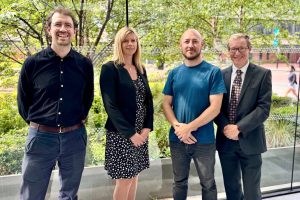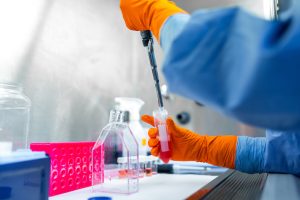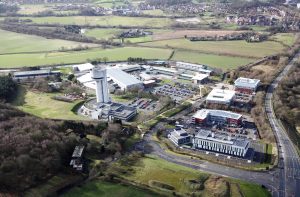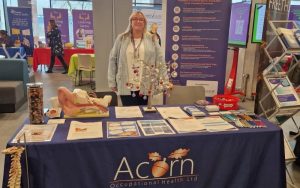Molecular testing business wins £500k award for 18-month programme
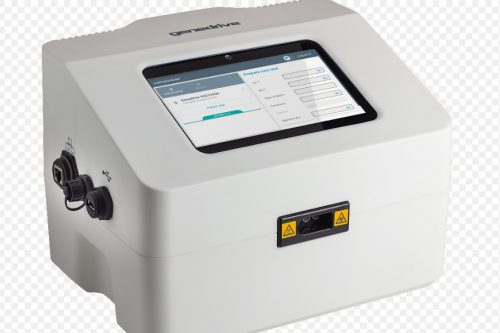
Manchester molecular testing business, genedrive, which makes medical testing equipment, has received a funding award for its MT-RNR1 ID kit, which is the world’s first rapid point-of-care test to screen infants in an urgent care setting for a genetic variant that can cause lifelong hearing loss when carriers of the variant are given certain antibiotics.
The funding, estimated at around £500,000, is from the National Institute for Health and Care Research (NIHR) in collaboration with the Government Office for Life Sciences (OLS) to address evidence generation requirements of the National Institute for Health and Care Excellence (NICE) Early Value Assessment (EVA) for kit.
The NIHR/OLS Real World Evidence Programme is aimed specifically at technologies like the MT-RNR1 ID kit which have been recommended for use in the NHS via the NICE EVA, to enable the addressing of real-world evidence gaps and the potential subsequent provision of a full recommendation by NICE to accelerate the widespread adoption and implementation of the kit into the NHS.
The programme is clinician consortia-based and will be led by principal investigators Prof Bill Newman and Dr John McDermott, of the University of Manchester/Manchester University NHS Foundation Trust, with 14 separate hospital Neonatal Intensive Care Units across England – including some sites which have already implemented the test as part of routine clinical use – Scotland, Wales and Northern Ireland, including nine sites already using the test in routine clinical practice.
The start date was November 1, 2024, with a maximum duration of 18 months, with sites phased into group 1 – sites already currently using the test – and group 2, remaining sites.
Group 1 site testing is funded under the programme for six months from project initiation, following which funding for continuity of routine clinical practice will be required to be sought from alternative sources by those sites.
While scheduled for a maximum of 18 months, performance data can be submitted to the NICE EVA Evidence Generation team at an earlier point if the team believes the evidence generation requirements have been successfully fulfilled.
Performance data generated during the programme is also expected to contribute towards clinical performance data requirements for FDA as part of the planned De novo submission process required for commercial entry into the US.
Gino Miele, genedrive Chief Executive, said: “The programme will run in parallel with, and be complementary to, our continued sales expansion, nationally and internationally.
“The goal of NIHR and the Government’s Office for Life Sciences via this programme is to drive adoption and implementation of innovative technologies such as ours into the UK’s NHS, to drive improved patient outcomes and economic benefits.”

